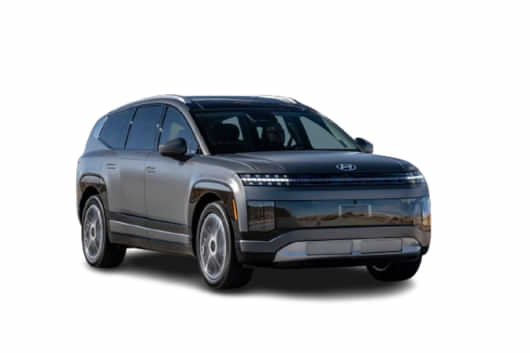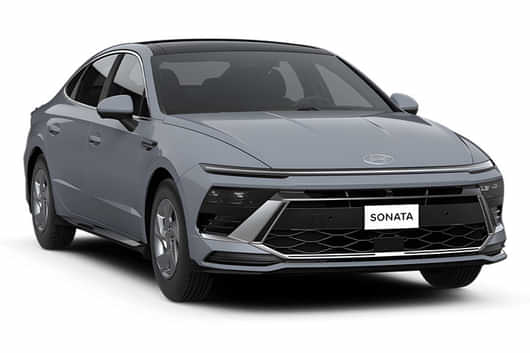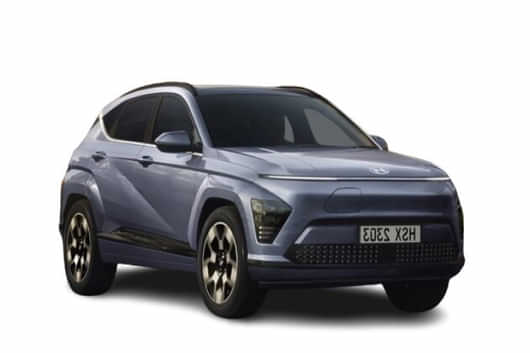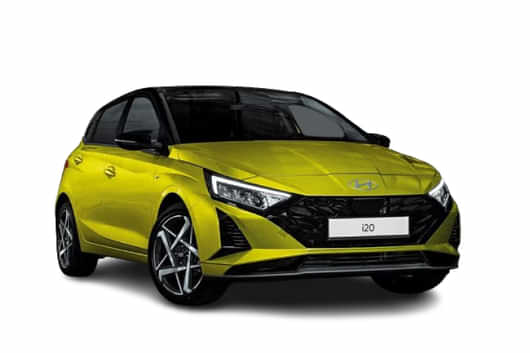
KEY HIGHLIGHTS
- Dual-motor setup enhances performance and driving efficiency.
- Compatible with existing Hyundai internal combustion engines.
- Uses over-expansion cycle for improved thermal efficiency.
- Hybrid Palisade delivers 334 PS and 14.1 km/l.
- AWD and e-VMC 2.0 boost ride comfort.
Hyundai has unveiled its all-new next-generation hybrid powertrain system in a bold step towards greener and smarter mobility, signalling a major leap in the brand's electrification journey. With innovation at its core, the new dual-motor hybrid system is poised to transform the hybrid vehicle landscape globally and potentially in India. Check out more details below and make sure you join our 91Wheels WhatsApp Community to stay updated on the latest automotive news.
Read more: 2025 Skoda Kodiaq Vs MG Gloster: The Comparison You Needed!
Dual-Motor Hybrid Setup

At the centre of Hyundai's next-gen hybrid system is a clever integration of two electric motors - P1 and P2- each with a distinct role in boosting performance and efficiency. While the P1 motor manages tasks such as engine startup, energy generation, and propulsion support, the P2 motor is primarily responsible for driving the vehicle and capturing energy through regenerative braking.
This synergistic pairing leads to smoother gear shifts, better fuel economy, and reduced NVH levels. This enhances the overall driving experience. It also seamlessly supports Hyundai's growing suite of smart features like Vehicle-to-Load (V2L), Stay Mode, and advanced regenerative braking tech.
Versatility and Performance

One of the most impressive aspects of the new system is its compatibility with Hyundai's current range of internal combustion engines. This allows for a more flexible rollout across various models without the need for entirely new engine architectures. Power output across upcoming hybrid models could range from just above 100 PS to well over 300 PS, suiting everything from compact cars to premium SUVs.
A notable debut application of this system is with a brand-new 2.5-litre turbo petrol engine, purpose-built to pair with the hybrid unit. Unlike conventional engines, this powertrain uses an advanced over-expansion cycle. By strategically delaying the intake valve closure during compression and optimising the combustion phase with a high expansion ratio, the system boosts thermal efficiency and cuts down fuel usage.
Increased Numbers on Cluster

This new 2.5-litre hybrid setup will be featured in the next-gen Hyundai Palisade. It delivers 334 PS of power and 460 Nm of torque- an increase of 19 per cent and 9 per cent respectively over its non-hybrid predecessor. Most impressively, fuel efficiency has jumped by nearly 45 percent, clocking in at 14.1 km/l.
Additionally, Hyundai has developed a refined 1.6-litre turbo petrol hybrid unit tailored for mid-size SUVS. This powertrain not only enhances acceleration but also sees a torque increase from 367 Nm to 380 Nm, along with a 4 per cent gain in mileage.
Smart AWD and Ride Technologies

The automaker is integrating new mobility tech with its hybrids, including an electronic all-wheel-drive (e-AWD) system featuring a rear-mounted P4 motor. Also coming is e-VMC 2.0 (electronic Vehicle Motion Control), which dynamically adjusts torque across all wheels for better traction and stability.
Supporting subsystems include:
| e-Handling 2.0: Helps reduce body roll in tight corners. |
| e-EHA 2.0: Improves evasive handling to avoid frontal collisions. |
| e-Ride 2.0: Enhances comfort by minimising vertical motion on bumpy roads. |
Will India See It?
With India pushing aggressively towards hybrid and electric mobility, Hyundai's next-gen hybrid lineup could be a timely fit for the market. Models like the Creta and Tucson could benefit from these powertrains, offering Indian consumers better performance without sacrificing fuel economy.
Although no official India rollout has been confirmed yet, the hybrid wave is building, and Hyundai's new system might just be what the brand needs to accelerate its growth in one of the world's fastest-evolving auto markets.
Read more: Volkswagen Tiguan Vs Mercedes GLA 200: Detailed Comparison
Verdict
Hyundai's next-gen hybrid system is a game-changer, blending performance, efficiency, and smart tech into one powerful package. If launched in India, it could redefine mainstream hybrids and offer a compelling middle ground between ICE and EVs. With rising fuel costs and eco-conscious buyers, this might be the spark Hyundai needs to lead the hybrid charge in India.















































